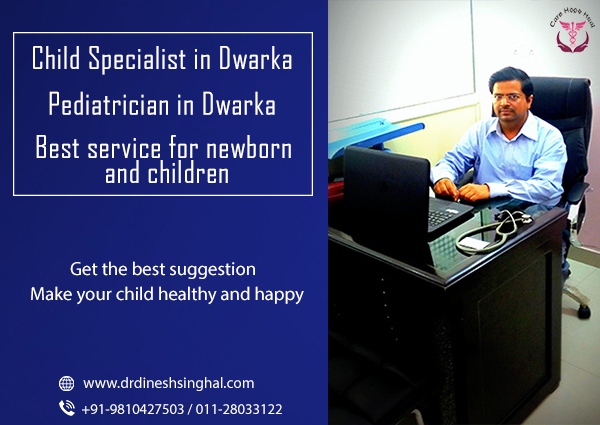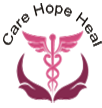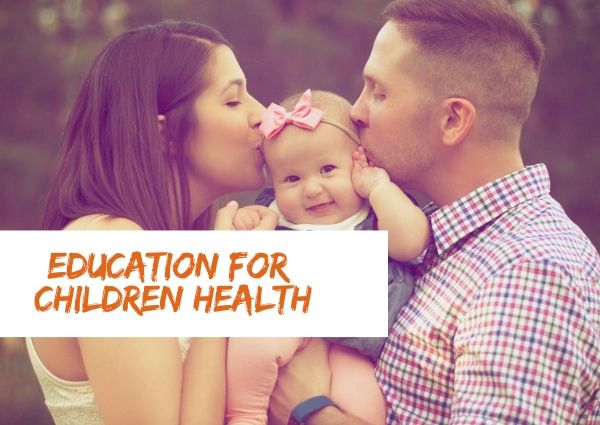Education For Children Health
In the following, we will be discussing about a vital topic, which is “Education for children Health“. Let’s discuss: Health education builds students’ knowledge, skills, and positive attitudes regarding health. Health education teaches about physical, mental, emotional and social health. It actually motivates students to improve as well as prevent disease, maintain their health as well as reduce risky behaviors.
Health education curricula and instruction help students learn skills they’ll use to make healthy decisions throughout their lifetime. Effective curricula lead to positive changes in behavior that lower student risks around:
- Alcohol
- Tobacco, and other drugs
- Injury prevention
- Mental and emotional health
- Nutrition
- Physical Activity
- Prevention of diseases and
- Sexuality and family life
Health education promotes learning in other subjects! One of the researches or studies showed that reading and mathematics scores of 3rd and 4th-grade students who received comprehensive health education were considerably or comparably higher than people who didn’t. In general, healthy students learn better. Numerous studies have shown that healthier students tend to do better in class. They even have higher attendance, have better grades, as well as perform better on tests compared to others.
Get in touch with our team for the Child Specialist in West Delhi
Some of The Most Effective Practices For Schools Around Health education
Best practices in Health education offer skills-focused instruction that follows a comprehensive, sequential, culturally appropriate K-12 Health education curriculum that addresses all of the New Hampshire Health Education Minimum Standards.
- Address the following in Health education instruction:
- Assessing personal vulnerability to health risk-taking;
- Accurately assessing health risk-taking of peers;
- Analyzing the influence of family, peers, culture, and the media on health behaviors; and
- Connecting with others who affirm and reinforce health-promoting norms, beliefs, and behaviors
- Allocate funds as well as release time to support annual professional development for teachers of Health on the following points:
- Teaching students with physical, medical, or cognitive disabilities;
- Teaching students of various cultural backgrounds;
- Teaching students with limited English proficiency;
- Using interactive teaching methods, like cooperative group activities or role-plays;
- Teaching essential skills for behavior change and guiding student practice of these skills;
- Teaching health-promoting social norms and beliefs;
- Classroom management techniques, such as social skills training, environmental modification, conflict resolution and mediation, and behavior management;
- Strategies for involving parents, families, and others in student learning;
- Assessing students’ performance in health education;
- Medical updates on health information and health trends
- Ensure that instruction for Health education focuses not just on teaching content knowledge but also on the teaching skills, which include the following:
- Decision-making
- Problem-solving
- Accessing reliable health information Goal-setting
- Communication
- Negotiation and refusal
- Assertiveness and
- Advocacy skills.
- Have 1 or more than 1 person who coordinates or oversees education for Health.
- Involve parents and families in Health education.
- Ensure that the Health education curriculum is sequential, planned as well as developmentally appropriate to better address all of the health instruction outcomes.
- Provide health information to parents as well as families through educational materials sent home as well as involvement in activities that are sponsored by the school.
- Provide opportunities for Health educators to coordinate instruction with teachers of other subjects as well as integrate Health into other content areas, especially Physical Education, Science, as well as Family & Consumer Sciences.
- Require that the lead education teacher for Health in each school has proper and authorized certification in Health education.
- Review as well as update the curriculum on a regular basis – at most, every 5 years.


